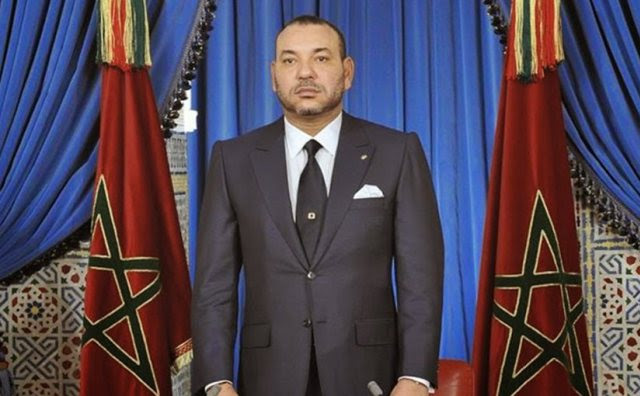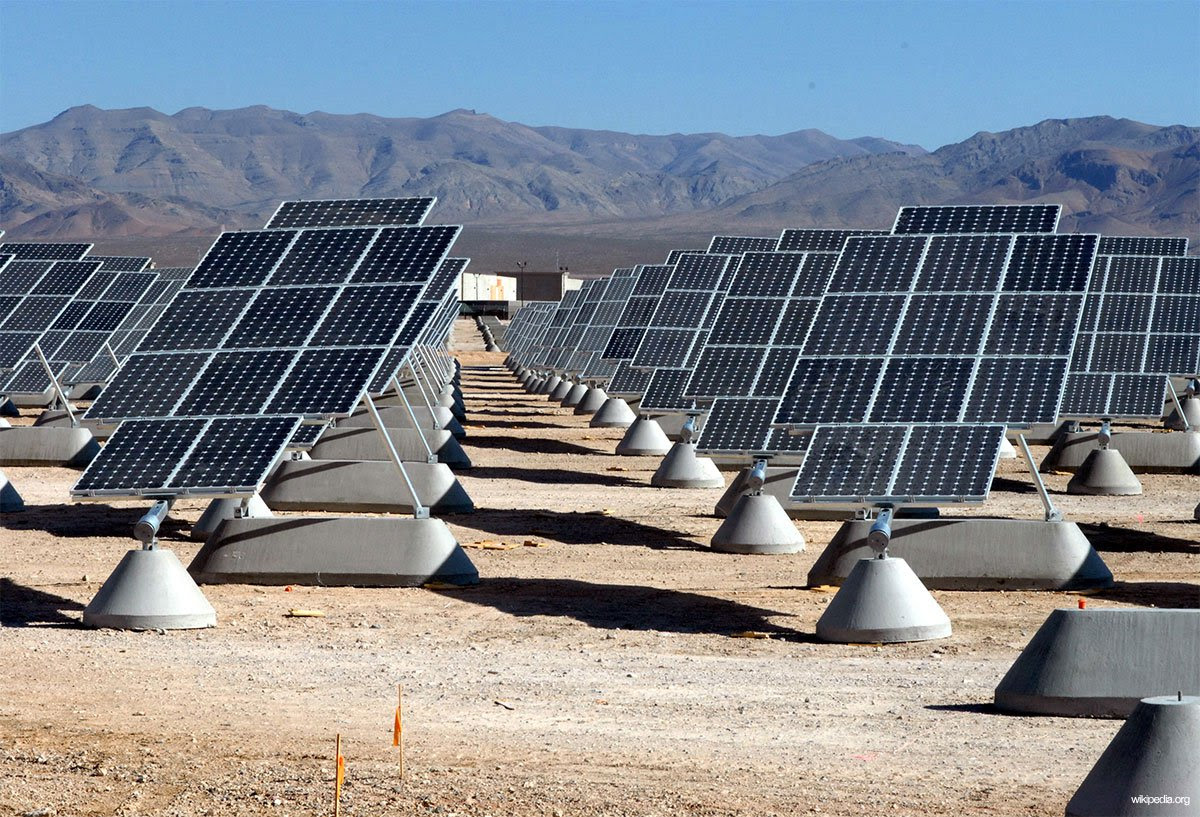Eurasia Review
By Said Temsamani
In a speech delivered to the UN General Assembly by Prime Minister Abdelilah Benkirane on September 25 2014, King Mohammed VI called for a new approach to helping developing countries achieve secure, sustainable economic and political stability.
The Moroccan monarch stated that “Sustainable development is not something which can be achieved through decisions and ready-made prescriptions,” he said. “Nor is there a single model in this area.
Each country follows a path of its own, having taken into consideration its historical development, cultural heritage, human and natural resources, specific political circumstances, as well as its economic choices and the obstacles and challenges facing it.”
In another Royal message to the participants in the Crans Montana Forum held in Dakhla from March 12-14, King Mohammed VI stressed that “Morocco’s African policy is based on a comprehensive, integrated and inclusive approach designed to promote peace and stability, encourage sustainable human development and safeguard the cultural and spiritual identity of our populations, while respecting the universal values of human rights.”
“Morocco has been working untiringly to help forge a modern, bold, entrepreneurial and open Africa; an African continent which is proud of its identity, which derives its vibrancy from its cultural heritage and which is capable of transcending outdated ideologies,” he said
The King acknowledged that “the borders inherited from colonization often continue to be a major source of tension and conflict,” and that “Africa is a continent with growing and unsettling security issues”; but he stressed that “Africa’s tremendous human and natural resources should, instead, be a powerful catalyst for regional integration,” and urged that “It is up to us — Africans — to innovate in order to turn them into open spaces where fruitful exchange and interaction can flourish between African states.”
In 2000, King Mohammed VI revealed the new tone and the new ambitions of Morocco in Africa when he announced, on behalf of South-South cooperation, the cancellation of debts of the least developed countries (LDCs) and Sub-Saharan Africa and to exempt their products from tariffs.
The assistance provided by the kingdom to Sub-Saharan countries is between $2 and $3 billion dirhams (MAD 180 to MAD 268 million) per year, mainly for the benefit of African countries in West and Central Africa.
There is a high demand from these countries, particularly in staff training, contributing to the financing, design and construction of infrastructure as well as socio-economic projects, especially in sanitation, water supply, electricity, health and food.
Morocco organized, in 2007, in Rabat, in partnership with the United Nations Development Programme (UNDP), the First African Conference on Human Development. This conference was aimed to meet the ambition of Morocco to promote comprehensive human development through the strengthening of South-South cooperation and the implementation of commitments in various international forums, including those related the Millennium Development Goals (MDGs).
Morocco’s efforts to give the South-South cooperation a face full of solidarity, has resulted in its continued commitment to noble causes of peace and development, as well as its constant position to express solidarity towards the concerns of developing countries, and their aspirations for progress and well-being.
The UNDP ART GOLD Programme has supported Morocco since 2007, improving the effectiveness and aid coordination in order to strengthen local citizenship and to place human beings at the center of development actions.
Morocco is also seeking to develop a strategy for tripartite cooperation channel aid funds made available in the framework of international programs for the financing of infrastructure projects or socio-economic development in African countries and to entrust those projects to Moroccan companies (consultancies, engineering companies, service providers, etc).
Morocco attaches great importance to national education by providing college scholarships to African students. More than 10,000 students pursue their studies each year in universities and schools through scholarships provided by the Moroccan Agency for International Cooperation (AMCI).
The United Nations Conference on Trade and Development (UNCTAD) classified Morocco among the top twenty investors in Africa for the period 2003-2007.
Morocco signed in 2004 an agreement on “double taxation” (which prevents companies with operations abroad from paying tax twice) and encouraging investment with Senegal.
Following the success of this program and the positive results recorded, Morocco expressed to its African partners its willingness to jointly develop a regional development project of artificial inducement of rain in Africa. This would assist African countries with expressed needs in this area, thus contributing to the achievement of the NEPAD strategy for the generalization of access to water in Africa by 2015. Senegal has also been a recipient of technical and logistical support for the country to launch its artificial rain.
Morocco has initiated many African countries to triangular cooperation, rich and varied, based on a true partnership and effective solidarity, in addition to cooperation programs implemented bilaterally. It has many advantages and allows many African countries to benefit from the know-how and expertise already experienced in the land of Africa and to overcome the lack of budgetary resources.
Given the multiple benefits of triangular cooperation, Morocco considers that this type of partnership can be a vehicle for supporting the efforts of developing countries in sub-Saharan Africa and expresses its readiness to invest with donors and regional donors and international collaboration seeking to achieve tripartite programs for countries in SSA.
The Omnium Nord-Africain (ONA), the second largest company in the country after the Office Chérifien Phosphates, operates in Africa in the food & beverage, distribution, financial sector (banks & insurance) and the mining sectors.
Export Morocco spares no effort to promote exchanges between Morocco and many African countries, through participation in international fairs and exhibitions, and the organization of business missions, advising businesses, hosting meetings with economic operators, and finally by sponsoring prospective studies of areas and countries.
Groups Managem Ynna Holding, CCGT and JET Sakane are involved in various sectors: mining, tourism, irrigation, housing and social development. Leading Moroccan banks such as BMCE and Attijariwafa Bank have launched partnerships and signed win-win deals with their African counterparts.
The National Electricity Morocco (ONE) and the airline Royal Air Morocco (RAM) are also present in the African continent. Air and sea links have multiplied and contribute significantly to the problem of intra-transportation within the African continent. RAM has more than 30 airlines in Africa and open regional offices in 11 African countries.
Morocco has always supported the initiatives of the United Nations for the restoration of stability in Africa and has, since 1960 to nowadays, has provided military contingents at the disposal of UN peacekeeping operations in the Congo, Somalia, Angola, Democratic Republic of Congo and Côte d’Ivoire.
In December 2006, Morocco sent a contingent of Royal Armed Forces, consisting of specialists and experts to participate in a demining operation in the Casamance region of Senegal. Morocco has also provided medical field camps in many needy African countries to provide immediate medical assistance.
Morocco will continue to be present in Africa and reinforce south-south cooperation to contribute to the development of the African continent and collaborate with American and European allies to bring peace and stability to this continent.
At the Moroccan-Ivorian Economic Forum, held in Abidjan on February 24 2014, King Mohammed VI laid out a compelling vision for Africa’s development – He said that “This objective [prosperity for future generations] will even be more readily attainable when Africa overcomes its Afro-pessimism and unlocks its intellectual and material potential as well as that of all African peoples. Just imagine what our continent will look like, once it frees itself of its constraints and burdens!”
Said Temsamani is a Moroccan political observer and consultant, who follows events in his country and across North Africa. He is a member of Washington Press Club. View all posts by Said Temsamani







